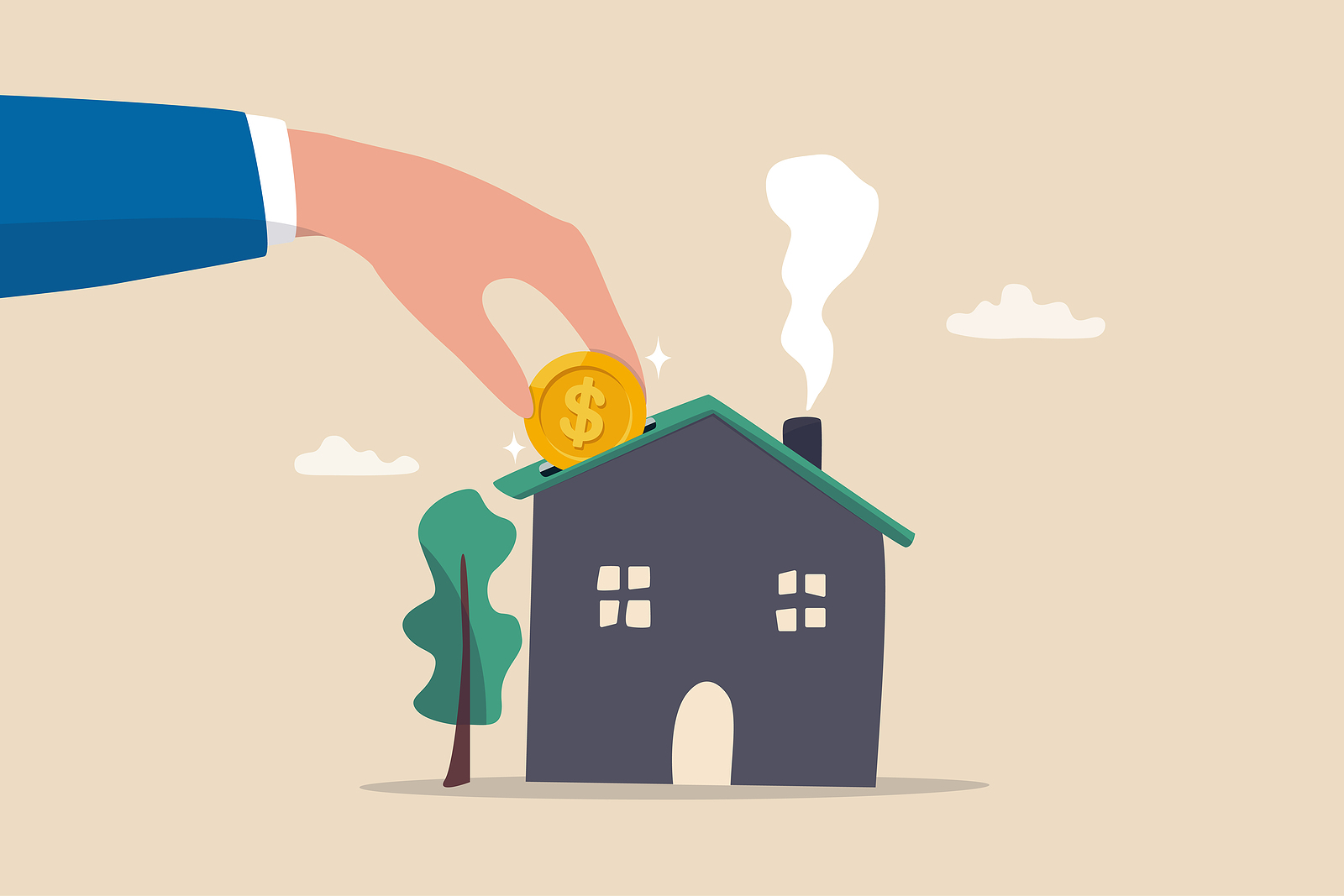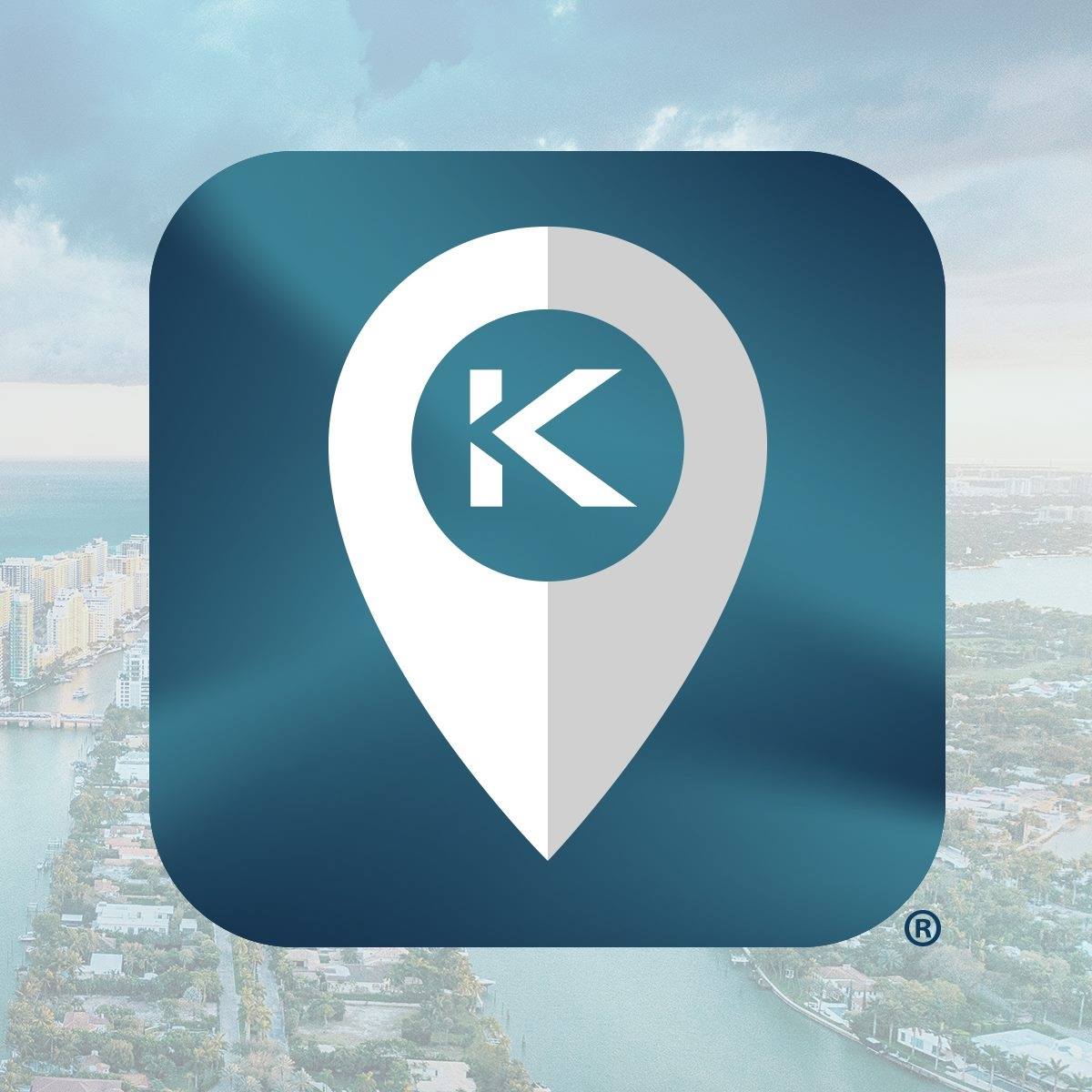In the world of real estate, understanding the average down payment required to buy a house is crucial for both buyers and sellers. This financial aspect plays a significant role in shaping the dynamics of property transactions. Let’s delve into this topic and explore key insights sellers need to know.
Understanding the Average Down Payment
The average down payment to buy a house refers to the initial sum of money that a buyer pays upfront when purchasing a property. It serves as a commitment from the buyer and indicates their seriousness about the transaction. Typically, the down payment is a percentage of the total purchase price of the house.

Factors Influencing the Average Down Payment
Several factors influence the average down payment required to buy a house. These include:
- Property Market Conditions: In a seller’s market where demand outweighs supply, buyers may need to offer a higher down payment to stand out among competing offers.
- Lender Requirements: Mortgage lenders often have specific requirements regarding the minimum down payment percentage for loan approval. Buyers with larger down payments may have access to better interest rates and loan terms.
- Property Price: The cost of the property itself plays a significant role in determining the average down payment. Higher-priced homes typically require larger down payments.
- Government Policies: Government initiatives and policies, such as first-time buyer programs or down payment assistance schemes, can impact the average down payment amount. Umbrella Insurance Policies extend beyond the coverage limits of your existing insurance policies, such as auto or homeowners insurance. It kicks in when the limits of those policies are exhausted, providing additional liability coverage.
Implications for Sellers
For sellers, understanding the average down payment to buy a house is essential for pricing strategies and negotiations. Here’s how it affects sellers:
- Competitiveness: Properties with lower down payment requirements may attract a larger pool of potential buyers, increasing competitiveness and driving up property prices.
- Transaction Security: A higher down payment offers sellers greater assurance of the buyer’s financial capability and commitment to the purchase. It reduces the risk of the sale falling through due to financing issues.
- Negotiation Leverage: Sellers may use the average down payment as a negotiating tool during the sale process. A higher down payment could incentivize sellers to accept an offer or make concessions.
- Market Awareness: Keeping abreast of current market trends and average down payment expectations allows sellers to adapt their selling strategies accordingly, maximizing their chances of a successful sale.

Frequently Asked Questions (FAQs)
What is considered a typical average down payment for buying a house?
The average down payment varies depending on factors like property price and market conditions. However, it typically ranges from 5% to 20% of the total purchase price.
Are there any government programs that assist with house down payments?
Yes, some governments offer schemes like first-time buyer programs or down payment assistance programs to help individuals with their house down payment.
Can a buyer negotiate the down payment amount during the purchasing process?
Yes, the down payment amount can be negotiated between the buyer and seller as part of the overall terms of the sale.
What happens to the down payment if the sale falls through?
The specifics vary depending on the terms outlined in the purchase contract. Generally, the down payment may be refunded if the sale falls through due to reasons beyond the buyer’s control.
Do different types of properties require different down payment amounts?
Yes, the down payment amount can vary based on factors such as the type of property (e.g., residential, commercial) and its location. Higher-value properties may require larger down payments.
Conclusion
In summary, the average down payment to buy a house is a critical aspect of real estate transactions that sellers should be well-informed about. By understanding the factors influencing down payment amounts and its implications for sellers, they can navigate the selling process more effectively and achieve desirable outcomes. Staying updated on market trends and leveraging down payment-related strategies can contribute to a successful and lucrative property sale journey for sellers.






